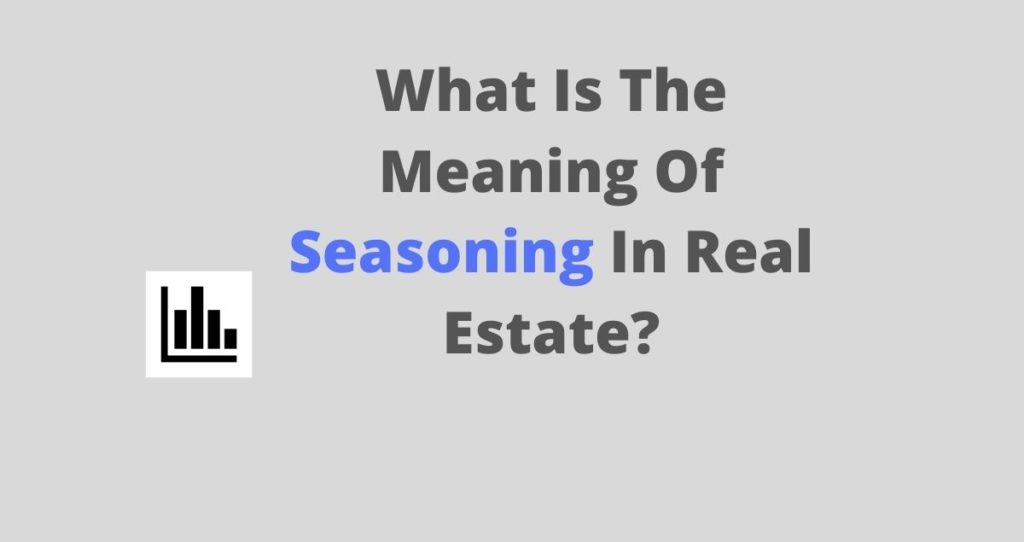What is the meaning of seasoning?
The term seasoning is used to define the amount of time a homeowner has owned a house. For example, if you bought a house six months ago, the seasoning will be six months.
This term can also be used in the mortgage industry where it defines the length of time a borrower has held a mortgage or a loan. There are many rules that govern the seasoning of loans and mortgages and these terms could vary from one lender to another or based on the types of properties that they are being applied to.
As noted by commercial real estate, lenders of multifamily and commercial properties require borrowers to have their loans seasoned for at least one year before they can take out a home equity line of credits (HELOCs).
>>MORE: Cash-Out Refinance: Basics And Definition?
Why are seasoning rules enforced?
Moneylenders make money by lending their money to reliable and most trusted borrowers. This is why seasoning is very important as it helps lenders to maximize their returns and reduce losses. Most lenders will not provide a mortgage if the seller has not held the house for more than 90 days, according to FindWell.
This rule is enforced to reduce fraud and house flipping activities. House flipping benefits flippers more than lenders. This is because they buy, renovate, and sell houses in a very short time before the lenders collect meaningful interests.
Another reason seasoning rules could be enforced is due to reliability. A lender needs to know if you can be trusted with the money. One way to figure this out is to have a good track record of mortgage payments. That is the longer you hold a mortgage and meet all requirements such as payments, the more lenders trust you with their money.
For this reason, many lenders will have seasoning rules on commercial or individuals who want to refinance their properties or get supplemental loans. Without enough payment history, it will be difficult to determine your creditworthiness and how risky you are as a borrower.









